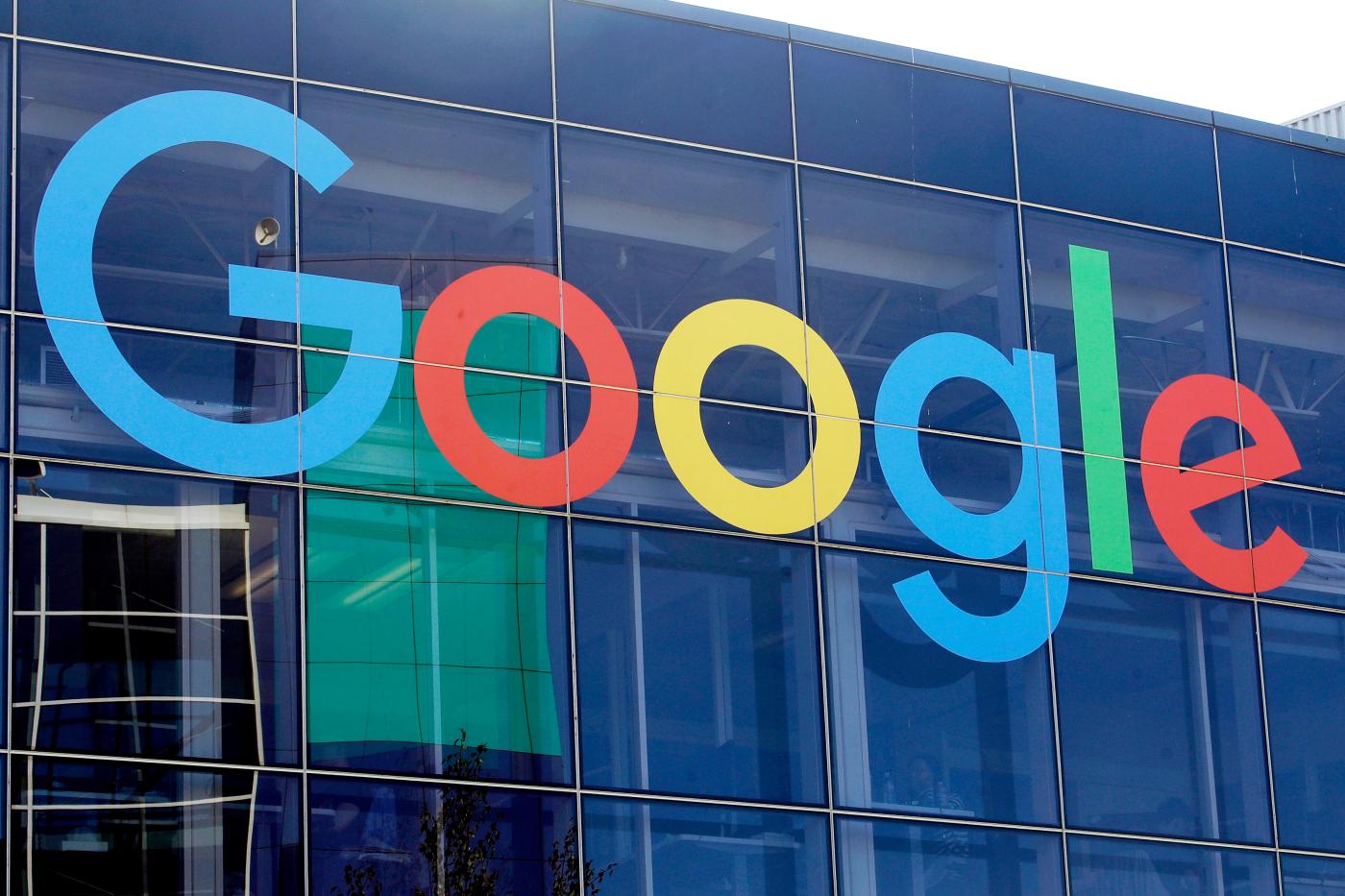
(Bloomberg/Davey Alba and Leah Nylen) — Alphabet Inc. Chief Executive Officer Sundar Pichai told a judge who found that Google illegally monopolizes online search that a Justice Department proposal to share search data with rivals would be a “de facto” divestiture of the company’s search engine.
If Google were required to share both its search data and the information on how it ranks results, rivals could reverse engineer “every aspect of our technology,” Pichai testified on Wednesday.
“The proposal on data sharing is so far reaching, so extraordinary,” Pichai said. It “feels like de facto divestiture of search” and its entire intellectual property and technology over 25 years of research, he said.
During testimony in federal court in Washington, Pichai asserted that a package of antitrust remedies proposed by the government is too extreme and will undermine Google’s ability to compete in the market. The combination of remedies would “make it unviable to continue to invest in” research and development, he said. “It will have many unintended consequences.”
Pichai was called to testify as part of a three-week trial aimed at determining how Google should restore competition to online search after Judge Amit Mehta ruled last year that the tech giant had illegally maintained a monopoly in the market. The Justice Department wrapped up its case on Tuesday afternoon and the company is now presenting its evidence and testimony.
The government wants Google to divest its Chrome browser, license some search data to competitors, and stop paying for exclusive positions on other apps and devices. It has also asked that Mehta extend the ban to Google’s AI products, including its AI assistant Gemini, which the government says were aided by the company’s illegal monopoly in search.
Google has countered that the government’s proposal would hurt American consumers and the economy, and weaken US technological leadership.
Related Articles
South Bay data center deal points to jump in values amid AI tech surge
Tech companies chop hundreds of Bay Area jobs as layoffs persist
Opinion: California’s battle over data privacy protections reaches a crossroads
As Elon Musk nears end of 130-day DOGE stint, he’s $113 billion down
23andMe bankruptcy bid deadline extended as DNA privacy woes linger
Pichai is testifying for the third time in as many years, as Google’s long-running antitrust cases have wound their way through the courts. In late 2023, over two short weeks, the tech executive had to pivot from Mehta’s courtroom in Washington defending Google in the first phase of the Justice Department’s search monopoly case, to another in San Francisco where a judge heard accusations by Fortnite maker Epic Games Inc. that Google Play had illegally maintained dominance in the mobile-app marketplace.
In both those cases, plus a third where Pichai didn’t testify — concerning Google’s dominance of online advertising technology markets — Google was found to have engaged in anticompetitive behavior. That shows the unprecedented antitrust scrutiny the tech company has faced in recent years in the US over its power to control key aspects of the online world.
Pichai, 52, has spent the majority of his career at Google, starting as a product manager in 2004 and rising through the ranks to become CEO of the company in 2015. He has held several roles, including helping to engineer the company’s Android strategy and playing a key role in the development of Chrome.
As was the case during his first appearance in federal court for the initial phase of the Justice Department’s search monopoly case, Pichai was dressed in a dark suit and decided to stand instead of sit as he gave testimony. He was Google’s second witness, after the company’s lawyers called on Google employee Heather Adkins, a cybersecurity expert, on Tuesday afternoon. Adkins testified that Google’s commitment to security made it a good steward of Chrome, as she described ways that the company worked to thwart bad actors’ malicious attacks targeting the browser.
Mehta has said he wants to deliver a decision on how to remedy the harm caused by Google’s dominance by August. But whatever he decides, there will likely be a years-long wait for any changes to take effect at Google. After the remedy hearing, the company is expected to appeal and potentially take the case to the US Supreme Court.
More stories like this are available on bloomberg.com
©2025 Bloomberg L.P.